FUNDING CUTS IMPACT CT HUMANITIES: Help CT Humanities navigate recent funding cuts and continue our vital work across Connecticut. All donations made to CTH will be matched dollar-for-dollar up to $50,000. Donate today!
Now Viewing:
Litchfield
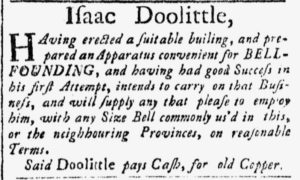
Early Church Bell Founders
Church bells served many important functions in early New England. Consequently, skilled bellfounders in Connecticut found themselves in high demand.
Read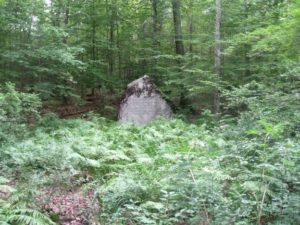
Alain and May White Memorial Boulder
Words of thanks on a stone marker in Litchfield highlight contributions of a brother and sister to land preservation.
Read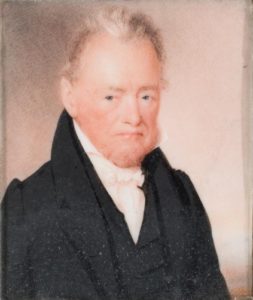
Anson Dickinson: Milton’s Painter of Portrait Miniatures
In the 1800s, watercolor portraits painted on small pieces of ivory were in vogue and miniaturists like Dickinson found a ready market for their craft.
Read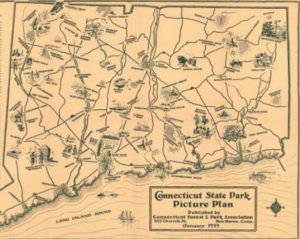
Preserving Connecticut’s Natural Beauty: Connecticut’s First State Parks
Sherwood Island, Mount Tom, Macedonia Brook, and Kent Falls are among the earliest lands set aside as the parks movement took hold in the state.
Read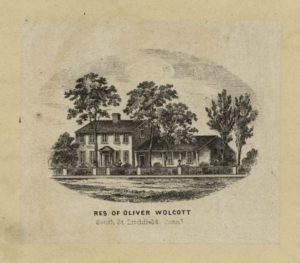
Soldier, Patriot, and Politician: The Life of Oliver Wolcott
Oliver Wolcott served in military in the Seven Years’ War and the American Revolution, but was also a popular member of the Continental Congress and governor of Connecticut.
Read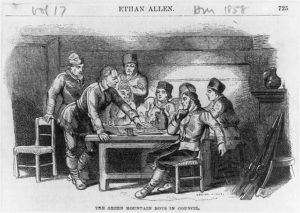
Ethan Allen Born – Today in History: January 10
On January 10, 1738, future hero of the Revolutionary War Ethan Allen was believed to have been born in the frontier village of Litchfield, Connecticut.
Read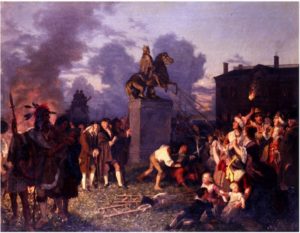
Mariann Wolcott and Ralph Earl – Opposites Come Together and Make History
The story of Mariann Wolcott and Ralph Earl captures much of the complexity the Revolutionary War brought to the lives and interactions of ordinary citizens.
Read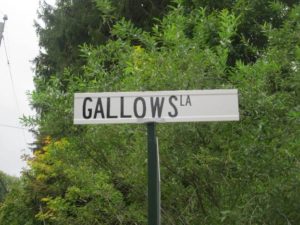
Gallows Lane and the Execution of Barnett Davenport
Tragic murders in 1780 that shocked the town of Washington and revealed humanity’s dark side.
Read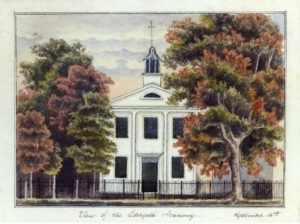
Sarah Pierce’s Litchfield Female Academy
While several educational academies existed for girls in the years following the American Revolution, few proved more influential than Sarah Pierce’s Litchfield Female Academy.
Read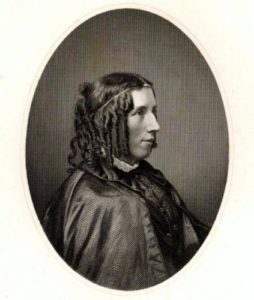
Harriet Beecher Stowe Born – Today in History: June 14
On June 14, 1811, author Harriet Beecher Stowe was born in Litchfield.
Read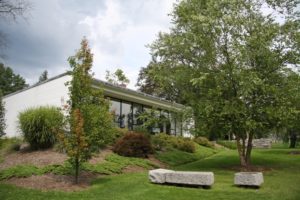
Modernism in Connecticut through Photographs
A creed as much as a style, Modernism rejected the forms of the past in favor of an architecture that reflected a new spirit of living.
Read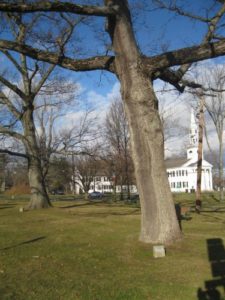
Litchfield’s Revolutionary War Soldiers’ Tree
In 1902, the Daughters of the American Revolution celebrated Arbor Day by planting a tree on the Litchfield Green to commemorate the town’s Revolutionary War soldiers.
Read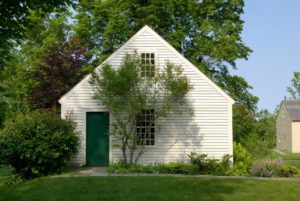
The Litchfield Law School: Connecticut’s First Law School
The Litchfield Law School, founded in 1784 by Tapping Reeve, became the first professional law school in Connecticut.
Read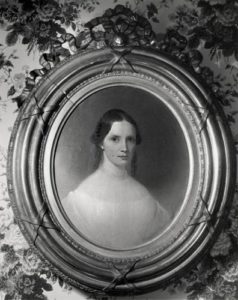
Looking Back: Tempest Tossed, the Story of Isabella Beecher Hooker
Isabella Beecher was a suffragist and spiritualist who shunned traditional female roles while alienating large parts of her family during her brother’s adultery scandal.
Read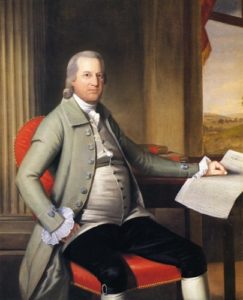
Oliver Wolcott Dies – Today in History: December 1
On December 1, 1797, signer of the Declaration of Independence Oliver Wolcott died while serving his term as Connecticut’s governor.
Read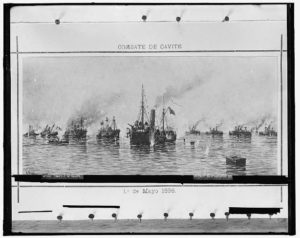
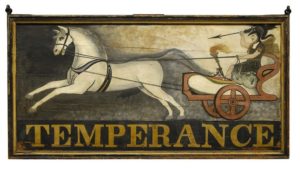
Hope for the West: The Life and Mission of Lyman Beecher
Lyman Beecher was one of the most influential Protestant preachers of the 19th century, as well as father to some of the nation’s greatest preachers, writers, and social activists.
Read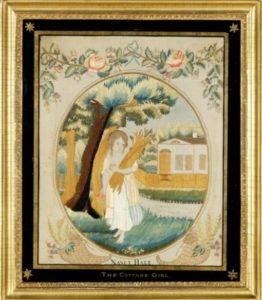
Educator Sarah Pierce Born – Today in History: June 26
On June 26, 1767, pioneering educator Sarah Pierce was born in Litchfield; during her long life, Pierce opened one of the nation’s first schools for women.
Read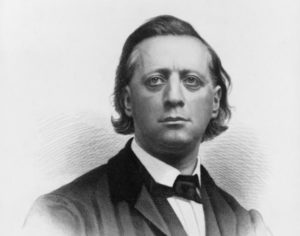
Henry Ward Beecher Born – Today in History: June 24
On June 24, 1813, Henry Ward Beecher was born in Litchfield to the well-known Beecher family.
Read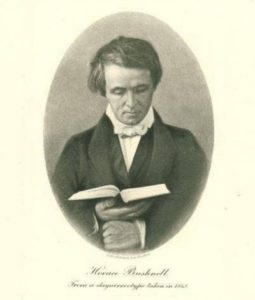
Horace Bushnell Born – Today in History: April 14
On April 14, 1802, Horace Bushnell was born in Bantam and is often called the “father of American religious liberalism.”
Read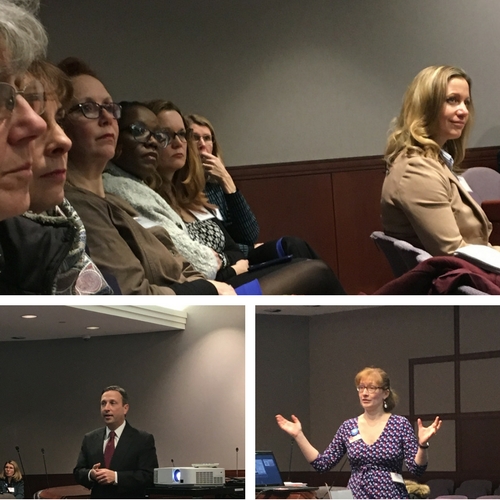
Catharine Beecher, Champion of Women’s Education
Sister to two of the most famous figures of the 19th century–Harriet Beecher Stowe and Henry Ward Beecher–Catharine Esther Beecher achieved fame in her own right as an educator, reformer, and writer.
Read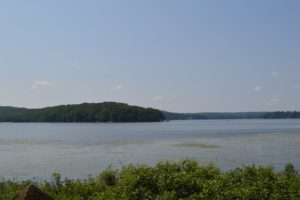
Hidden Nearby: The Bantam Lake Ice House
Bantam Lake served a vital function as a supplier of ice that local residents used to preserve food when temperatures began to rise.
Read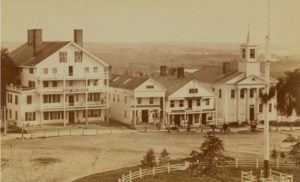
The Peace Movement in Litchfield
While the peace movement in Litchfield was short-lived, it provides a reminder of the disparity in public opinion during the first few turbulent months of the Civil War.
Read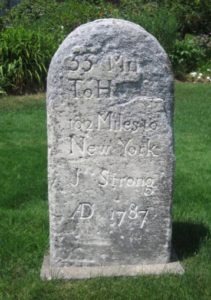
Hidden Nearby: Jedediah Strong’s Milestone
The Litchfield man behind this colonial-era mile marker led an accomplished but, ultimately, tragic life.
Read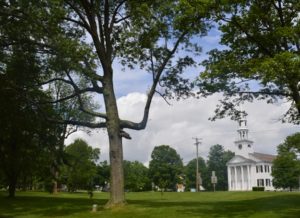
The Constitution Oak
Connecticut, the “Constitution State,” has a unique history of state constitutions. The “constitution” celebrated on our license plates is the Fundamental Orders of 1638.
ReadMore Articles




